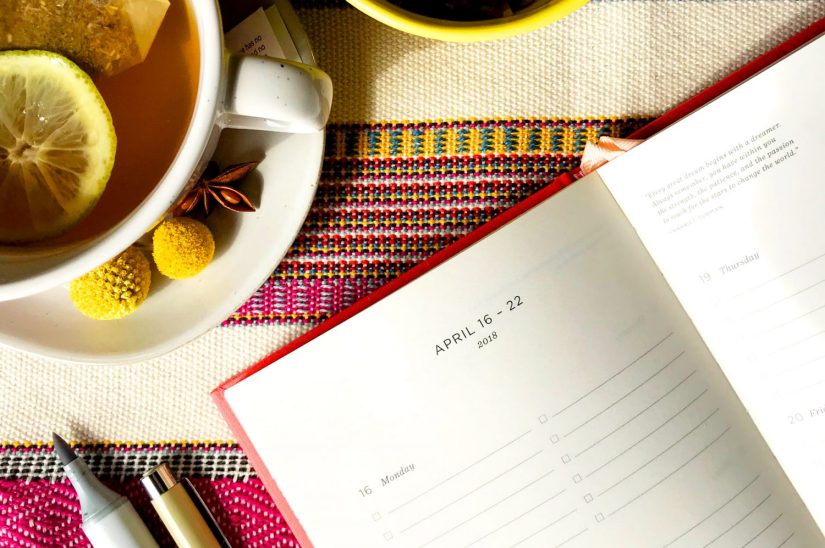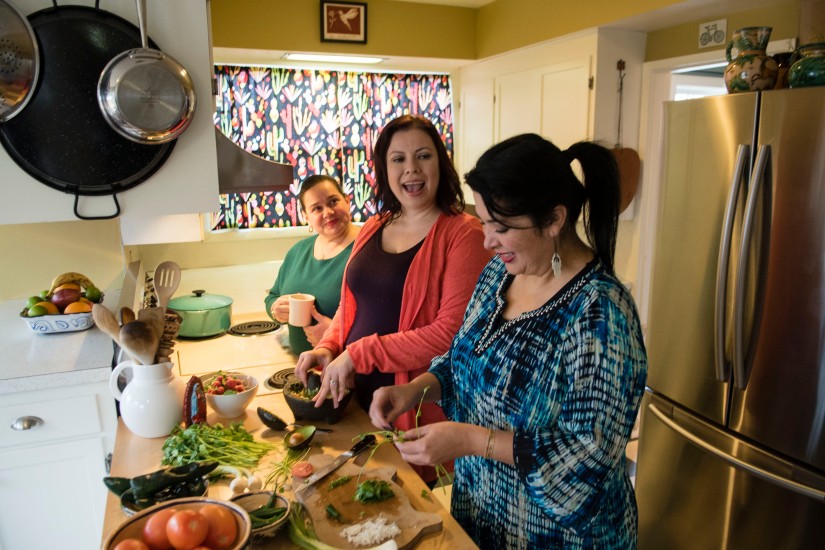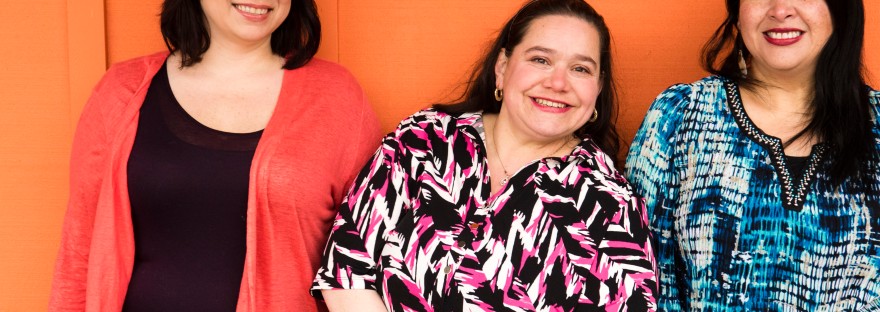
Making healthy choices is empowering. Turning those choices into lifestyle changes is even better. But it takes work! Here are some ways to stick with your routine, push through challenges, and turn healthy choices into healthy habits.
Have you started eating healthier, or exercising regularly with your comadres? Great work! Getting started is the hardest part. But sticking with those new choices is just as important as making them in the first place. The best ways to do that? Stay consistent, hold yourself accountable, and give yourself new challenges.
Consistency is Key
Our strongest habits are the ones we do every day — or at least on a consistent schedule. Whether you’re exercising with your comadres 3 times a week or putting some healthy veggies on the table every night, be consistent. It takes time and commitment to change a habit, so the more you stick to it the quicker it will be second nature.
Prepare for setbacks. Having plans in case of setbacks puts you in the driver’s seat. For example, if the weather is bad, find ways to be active indoors such as an exercise video. If you’re dining out with a friend, make up your mind ahead of time that you will look for healthy menu options. It’s important to make the effort, even if you’re not meeting all of your goals. Make a goal to do something good for yourself every day!
Keeping Yourself Accountable
Speaking of goals, are yours written down? Having something to work toward is essential to your success. Writing down your goals and revisiting them helps keep your eye on the prize. Whether they are on your bathroom mirror or a post it on the fridge, put your goals some place you’ll see and read them often.
As Latinas we also know the strength and support of our community is vital. Tell your comadres and friends about your new healthy habits. This can give you the extra ganas you need to stick to your plan.
Find Challenge in Change
Routines can get boring. We know. But you don’t have to give up your healthy habits just because you’re getting used to them. Give yourself some credit! And then mix it up. Change your walking routine into a jog. Find a new De Las Mías recipe or two and try them out! And if you find you’ve met your goals, give yourself an ¡Eso! Share your new triumphs with your comadres. Add some new ones! Our philosophy of “poquito de todo” applies as much to activities as food choices: a little bit of everything helps achieve balance, puts variety into the mix and makes your body feel good.













